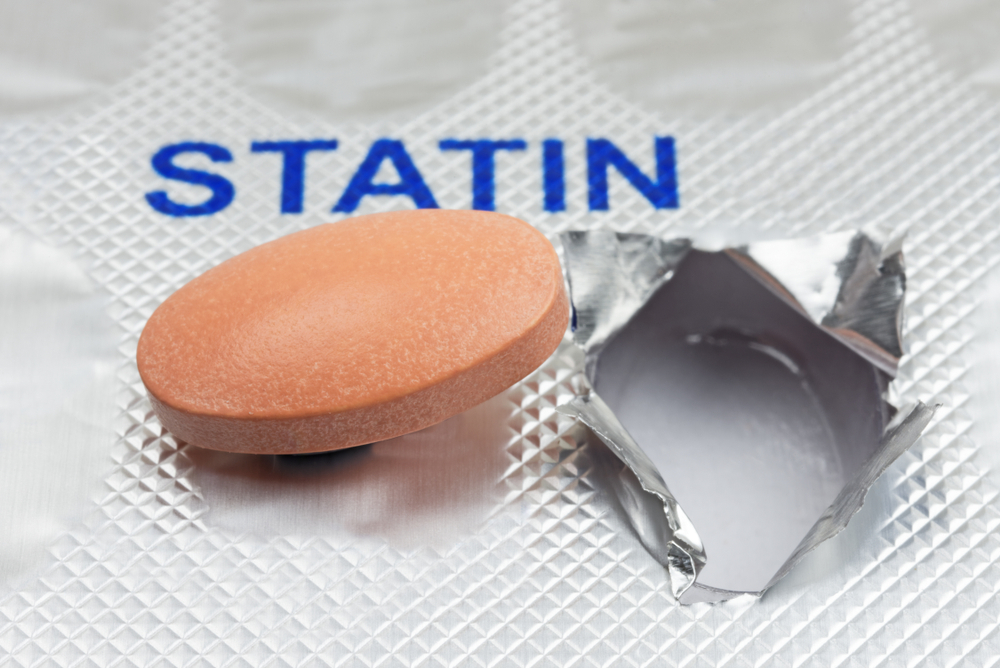High cholesterol levels are a significant health concern, as they can lead to a range of cardiovascular diseases.
Statins, the most commonly prescribed medicine for lowering cholesterol, are effective in preventing heart attacks, strokes, and death, even among low-risk patients. Unfortunately, many patients with high cholesterol levels prefer lifestyle modifications over medication, believing that changes to their diet and exercise routines alone will be sufficient.
Study Shows Medication Adherence is Key in Lowering Cholesterol Levels
However, a study by SingHealth Polyclinics (SHP) has found that medication adherence is the most critical factor in lowering cholesterol levels. Adherence to medication can be up to 85% effective, while changes to diet and exercise can only lower levels by 10-20%. The findings could prompt doctors to prioritize starting or adjusting medications with their patients, according to Dr. Tan Ngiap Chuan, who led the study and is the director of research at SHP.
How do Statins for High Cholesterol Work?
Statins, including atorvastatin and rosuvastatin, are the most commonly prescribed medicine for lowering cholesterol. They work by reducing the amount of cholesterol circulating in the blood and are most effective at lowering LDL (bad) cholesterol, but they also help to lower triglycerides and raise HDL (good) cholesterol.
Despite their effectiveness, statins have received bad press on social media, leading patients to develop unfounded fears of statin-associated side effects. Some common misconceptions patients have about statins include the idea that doctors prescribe them as a catch-all, or that statins destroy muscle tissue. Studies have shown that statins are safe and well-tolerated, and they work best when taken for a long time.
Statins are not prescribed indiscriminately; patients are usually started on a course only if they satisfy any of the following criteria: atherosclerotic cardiovascular disease, diabetes mellitus, high LDL cholesterol level, or as a preventative measure for patients with no established cardiovascular disease but have multiple risk factors that increase their chances of developing it in the future.
In recent years, a new class of injectables has emerged, including PCSK9 inhibitors, which are injected once every two weeks. There are also small interfering RNA or siRNA, which requires subcutaneous injection only once every six months. These injectables provide an alternative for patients who are unable to achieve their targeted cholesterol levels, are statin intolerant, or unable to adhere to regular therapies.
Managing High Cholesterol with Lifestyle Changes
While medication adherence is crucial in managing high cholesterol levels, lifestyle changes can also play a significant role in maintaining overall health. Changes to diet and exercise can help to lower cholesterol levels and reduce the risk of developing cardiovascular disease.
A diet rich in fruits, vegetables, whole grains, and lean protein can help to lower LDL (bad) cholesterol levels. Regular physical activity, such as brisk walking, can also help to improve cholesterol levels and overall cardiovascular health.
Quitting smoking and limiting alcohol consumption are also important lifestyle changes that can help to manage high cholesterol levels. While lifestyle changes alone may not be as effective as medication adherence, they can still provide valuable support in managing high cholesterol levels.
Combining Medication Adherence and Lifestyle Changes for Management
Managing high cholesterol levels requires a comprehensive approach that combines medication adherence and lifestyle changes. Medication adherence is crucial in managing high cholesterol levels, and doctors may prioritize starting or adjusting medications with their patients based on the findings of the study by SHP.
However, lifestyle changes can also play a significant role in maintaining overall health and managing high cholesterol levels. Combining a healthy diet, regular physical activity, quitting smoking, and limiting alcohol consumption with medication adherence can provide optimal cholesterol management and reduce the risk of developing cardiovascular disease.
By taking a comprehensive approach, patients can effectively manage their cholesterol levels and improve their overall health and wellbeing














